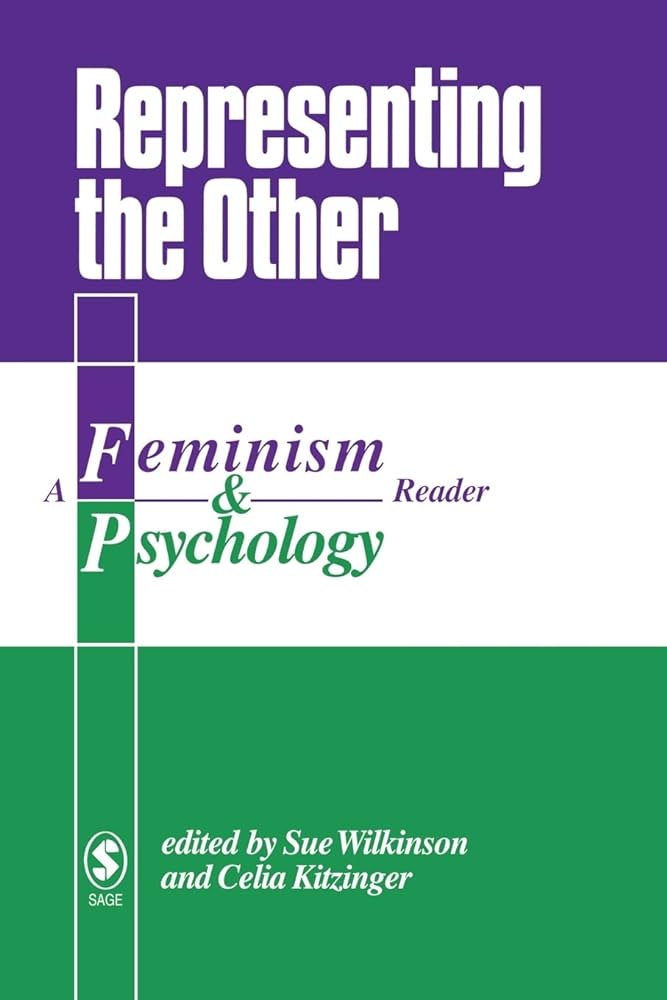安全突发事件中年轻女性的社会工作:认知抵抗的自我民族志
IF 1.9
3区 心理学
Q2 PSYCHOLOGY, MULTIDISCIPLINARY
引用次数: 0
摘要
在这篇文章中,我回顾了我作为一名社会工作者的实践,在安全紧急情况下,我与来自以色列边缘群体的年轻犹太和阿拉伯贝都因妇女打交道。我在以色列的“铸铅行动”(Operation Cast Lead, 2008年12月27日- 2009年1月18日)开始时,参与了一个针对女孩和年轻女性的项目。我讨论了认知上的不公正和认知上的抵抗,因为它们涉及到那些正在应对痛苦状况的女孩,并涉及到与她们有关的社会工作的复杂性。本文章由计算机程序翻译,如有差异,请以英文原文为准。
Social work with young women in security emergencies: An autoethnography of epistemic resistance
In this article, I reflect on my practice as a social worker with young Jewish and Arab Bedouin women from marginalized groups in Israel during security emergencies. I use the autoethnography of a reflective story from a program for girls and young women in which I was working at the start of Operation Cast Lead (December 27, 2008–January 18, 2009) in Israel. I discuss epistemic injustice and epistemic resistance as they concern girls who are coping with conditions of distress, and relate to the complexities involved in social work with them.
求助全文
通过发布文献求助,成功后即可免费获取论文全文。
去求助
来源期刊

Feminism & Psychology
Multiple-
CiteScore
3.30
自引率
11.10%
发文量
51
期刊介绍:
Feminism & Psychology provides a forum for debate at the interface between feminism and psychology. The journal"s principal aim is to foster the development of feminist theory and practice in – and beyond – psychology. It publishes high-quality original research, theoretical articles, and commentaries. We are interested in pieces that provide insights into the gendered reality of everyday lives, especially in relation to women and girls, as well as pieces that address broader theoretical issues. Feminism & Psychology seeks to publish work from scholars, researchers, activists and practitioners at all stages of their careers who share a feminist analysis of the overlapping domains of gender and psychology.
 求助内容:
求助内容: 应助结果提醒方式:
应助结果提醒方式:


